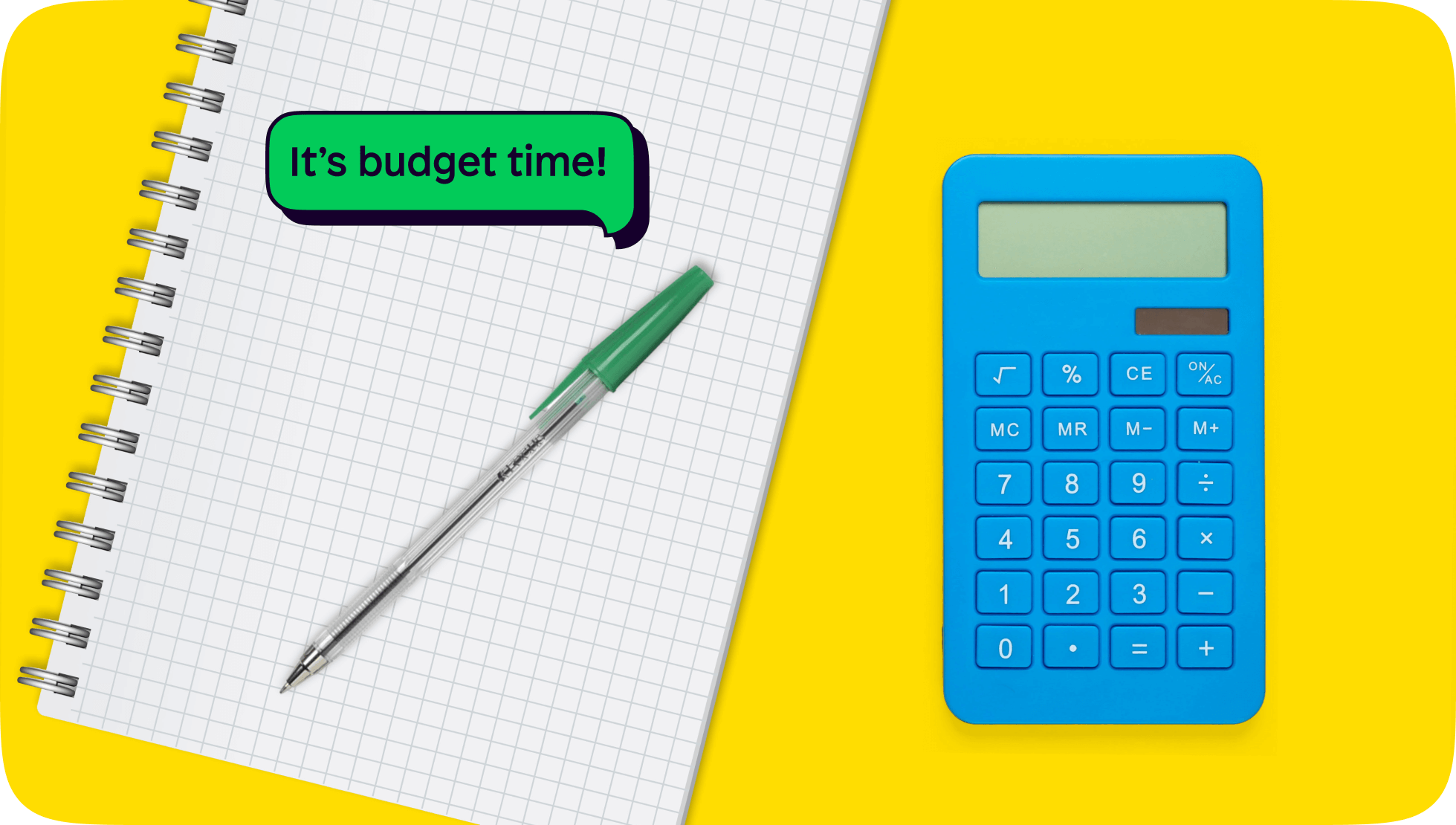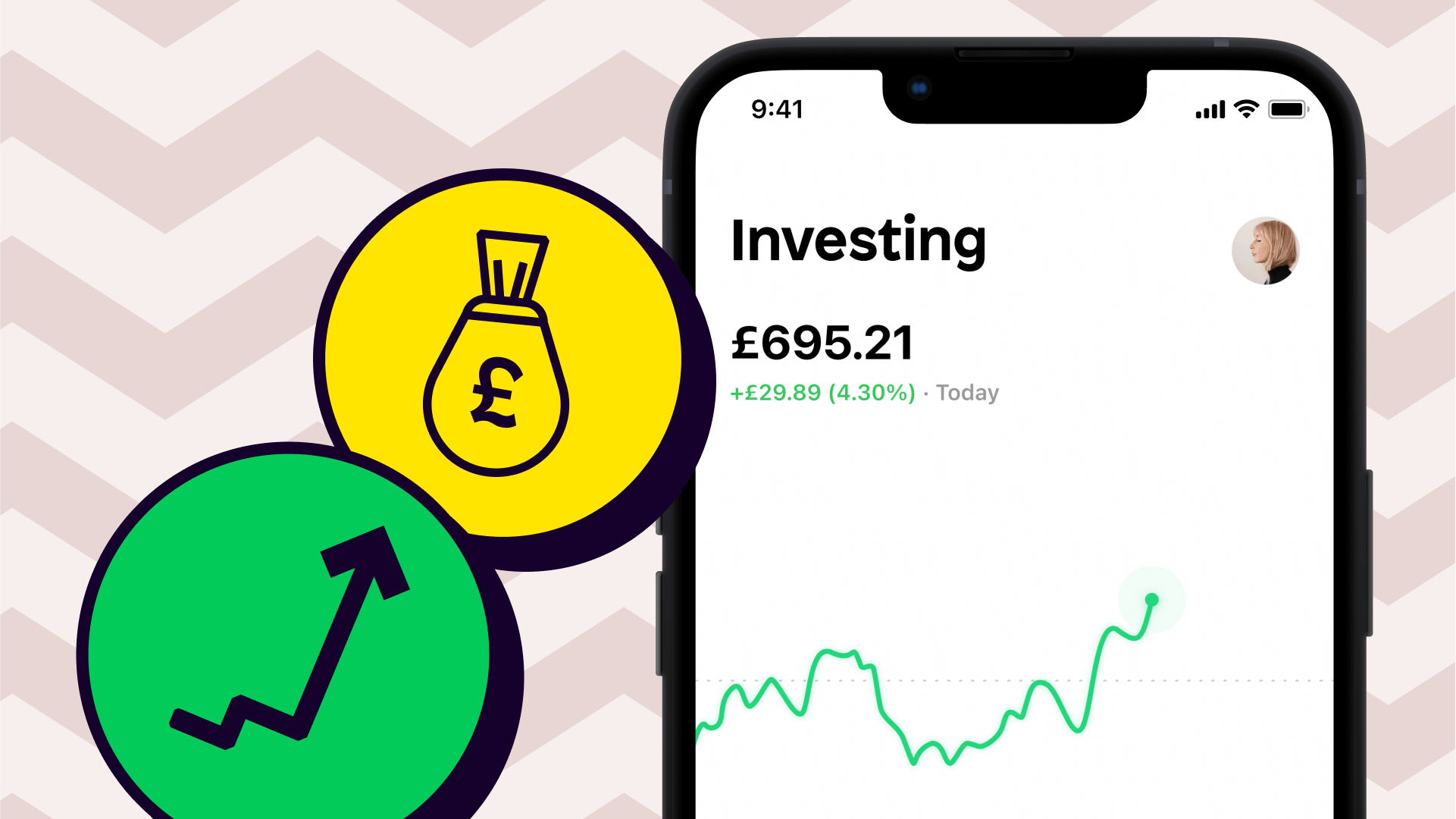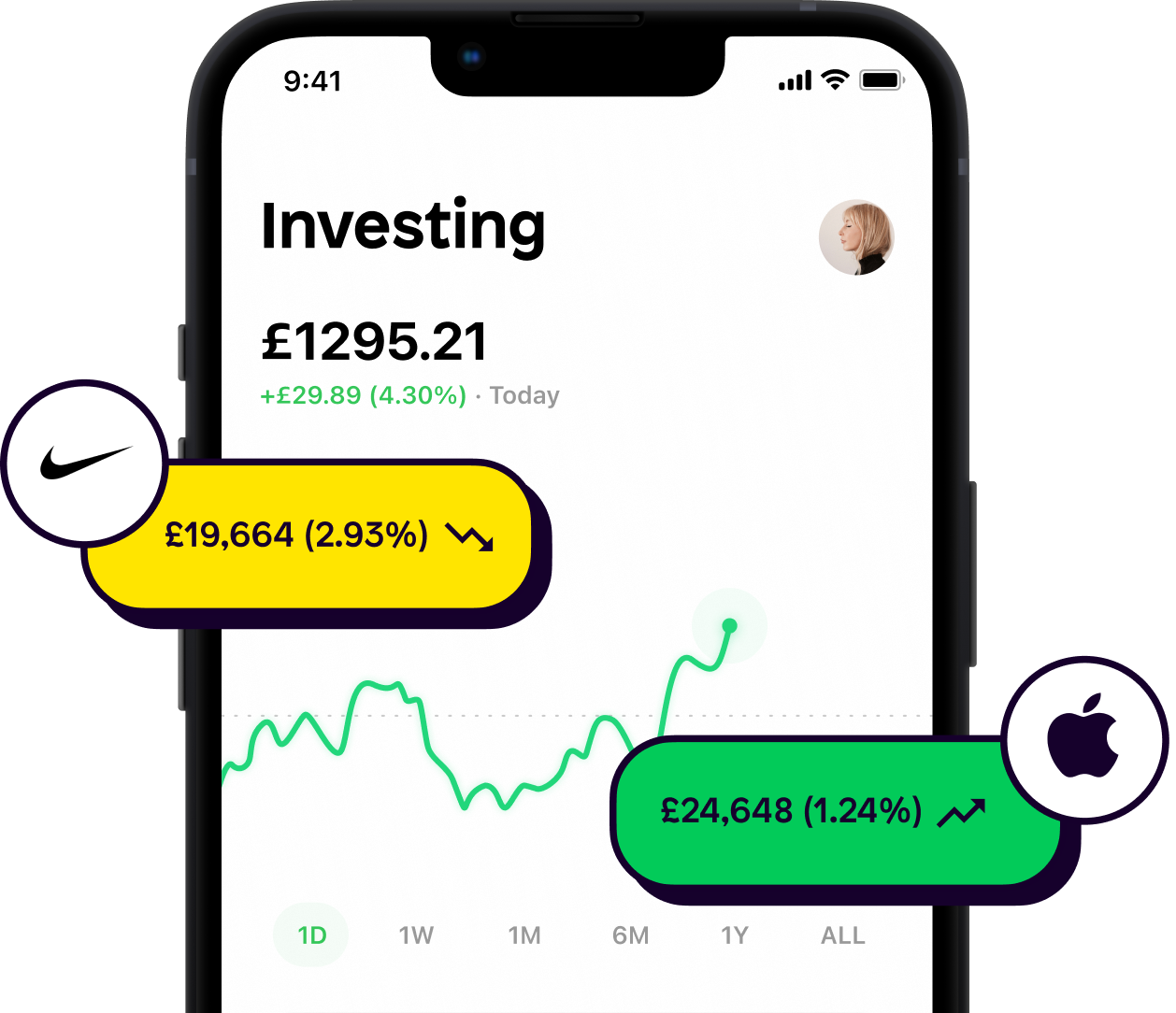The good
The good news is that you don't need a lot of money to start investing. In fact, you can start investing with as little as £2 on the Shares app. Using fractional shares, you can even invest £1 into companies whose stock prices are in the hundreds and thousands.
See, investing isn't just for the jet-ski riding, private jet flying and champagne drinking multi-millionaires.
The bad
The bad news is, starting with amounts as small as £1 isn't always the best idea. When you're first starting out, it's important to have a clear investment plan in place, and enough funds to make that plan realistic. Investing with a very small amount of money can make it difficult to diversify your portfolio for example, which is an important aspect of investing for a beginner.
It's also recommended that before you start investing, you pay off any high interest debt that you might have, and you have emergency savings that will last 3–6 months. Read our article on whether you're ready to invest.
The ugly
So we've had the good and the bad - it's now time for the ugly.
Things can get a little messy here, as everyone’s situation is different. But, you can figure out your optimal amount by focusing on these factors:
Your disposable income

Firstly, take a look at how much disposable income you have after your monthly outgoings. This is your budget.
Now you can see how much disposable income you have after your usual monthly outgoings have been paid off. From here, you can decide how much you'd like to invest.
To do this, simply start with your monthly take-home pay, and deduct your outgoings, for example:
Rent/mortgage payments
Utility bills
Transport costs
Shopping bills
Monthly subscriptions (yep, no leaving off those Netflix and Prime subscriptions!)
Any other relevant and recurring outgoings

Your investment goals
We all invest to make money, right? But your actions need to align with your goals.
If you're looking to build a hefty portfolio, the chances are you'll have to invest a little more. After all, money makes money.
Whereas you might invest a smaller amount of your wealth if your goal is to beat the returns of a savings account or counter inflation.
These are questions only you can answer, and if it all seems daunting, then remember, you can always seek help from a financial advisor.
Age and risk tolerance
Someone who is approaching retirement may want to invest a lump sum, so that their money is working for them. In which case, this might be a significant amount of their wealth, so it can be important they opt for assets with lower risk. After all, not many people want to invest their lump sum into a speculative investment! This is why older people often have a lower risk tolerance as they've built their wealth over the course of a lifetime and don't want to see this fade away in a matter of days.
This may differ from someone just starting out in their career, who has fewer funds to invest but may embrace a little more risk knowing they have time on their side. Remember, the earlier you start, the greater chance your investments have of compounding.

Hopefully by now you have a rough idea of how much you can invest. Maybe it's £1,000, maybe it's £10. Whatever your amount, your next step is the same; weigh up possible market returns vs your expectations.
Market returns vs expectations
Everyone's thoughts on what the stock market will return differs. Over the last 30 years, it has returned on average 10% - but this isn't to say this will be the case for the next 30 years. How much you believe it will return, may affect how much you wish to invest.
The best thing to do? Crunch the numbers for yourself. An investment return calculator can help with this - simply plug in numbers that are realistic for you and see if the results meet your expectations.
Then ask yourself:
Have I been realistic in what the market could return?
Would I be happy with this sort of return on investment?
Have I over/under estimated how much I can contribute?
Am I comfortable knowing I might not receive this return?
Should I be investing more or less than the amounts I’ve put?
So, there you have it. Like most questions within investing, the answer to how much you need to invest isn't black or white, but that’s not to say you can’t answer it. Happy investing!
Got more questions? Download the Shares app and ask away in one of our communities!
Make sure to follow us on our socials 👇
As with all investing, your capital is at risk.
Shares does not provide investment advice. If you are unsure about anything, please seek advice from an authorised financial advisor. Shares is a trading name of Shares App Ltd. Shares App Ltd is an appointed representative of RiskSave Technologies Ltd, which is authorised and regulated by the Financial Conduct Authority.












